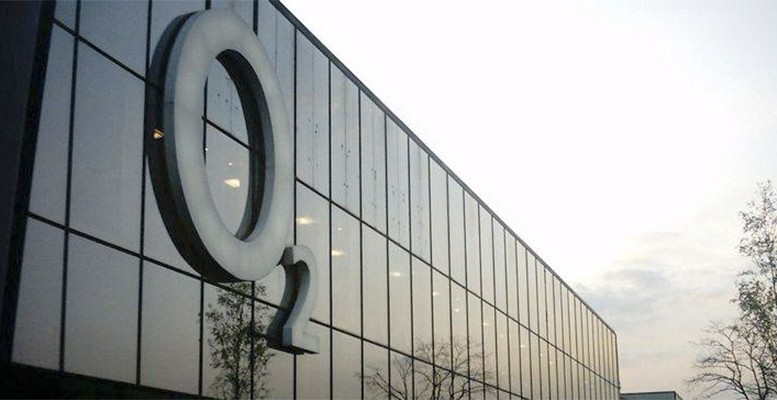The UK Court of Appeal has dismissed a demand from Three (to whom Telefónica tried to sell O2, but the deal was vetoed by the EC) which blocked the new frequencies auction (planned for Autumn 2017), in turn blocking Telefónica’s share sale of O2.
This is positive news for Telefonica as it means that it eliminates a practical hurdle for the company to be able to carry out the O2 share sale in the UK. It could raise around 3 billion euros for approximately 40% of O2, enabling it to continue to reduce debt (approx. NFD of 47 billion euros and a NFD/OIBDA ratio of 3,3x), which is its current weak point. Telefónica was hoping to value O2 at 13 billion euros, but the practical reality is that the market would accept a valuation of between 7.5/8 billion euros in the event of a possible share sale.
In any case, Bankinter analysts note that “with the tone of the market” in favour, it seems likely that Telefónica will succeed in carrying out the O2 share sale this summer. And afterwards perhaps the sale of its Southern LatAm division (Argentina, Chile, Peru and Uruguay), in the last quarter of 2018.
With this it could obtain sufficient liquidity to reduce its gearing and keep at bay the risk of having its rating lowered (now: BBB with S&P and Baa3 with Moody’s, both with a stable outlook), which seems increasingly less likely.
Telefónica’s debt pertains to the original 18 billion sterling loan which was precisely for the acquisition of O2 in 2005. Then there is also the 8 billion euros financing for the purchase of Vivo in 2010. The company has two big syndicated loans awarded by some 30 banks, one of which is for 3 billion euros and the other for 2 billion. The Spanish telecoms giant is currently looking to renegotiate these loans with the aim of unifying them and lower the amount they are paying for them.





